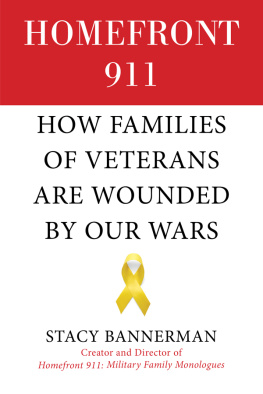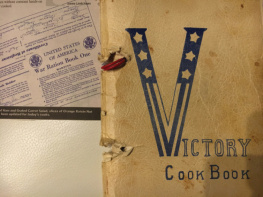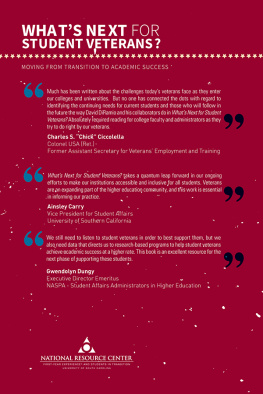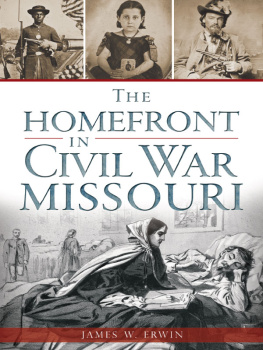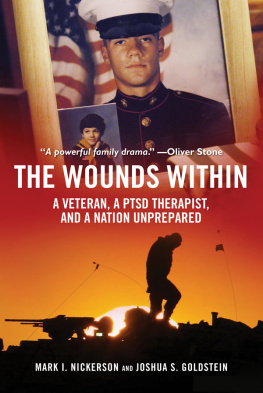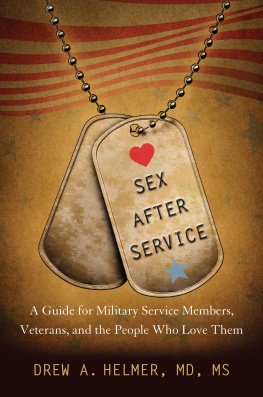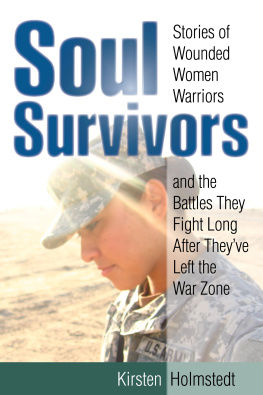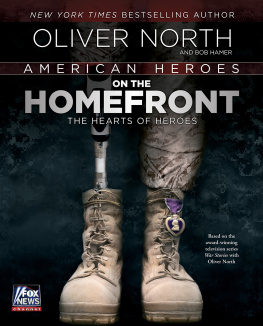Copyright 2015 by Stacy Bannerman
All rights reserved. No part of this book may be reproduced in any manner without the express written consent of the publisher, except in the case of brief excerpts in critical reviews or articles. All inquiries should be addressed to Arcade Publishing, 307 West 36th Street, 11th Floor, New York, NY 10018.
Arcade Publishing books may be purchased in bulk at special discounts for sales promotion, corporate gifts, fund-raising, or educational purposes. Special editions can also be created to specifications. For details, contact the Special Sales Department, Arcade Publishing, 307 West 36th Street, 11th Floor, New York, NY 10018 or .
Arcade Publishing is a registered trademark of Skyhorse Publishing, Inc., a Delaware corporation.
Visit our website at www.arcadepub.com.
10 9 8 7 6 5 4 3 2 1
Library of Congress Cataloging-in-Publication Data
Bannerman, Stacy.
Homefront 911 : how families of veterans are wounded by our wars / Stacy Bannerman.
pages cm
Includes bibliographical references.
ISBN 978-1-62872-569-8 (hardcover : alkaline paper) ISBN 978-1-62872-634-3 (ebook) 1. Families of military personnelUnited States. 2. VeteransFamily relationshipsUnited States. 3. Families of military personnelMental healthUnited States. 4. VeteransMental healthUnited States. 5. Families of military personnelServices forUnited States. 6. VeteransServices forUnited States. 7. Afghan War, 2001VeteransUnited States. 8. Iraq War, 2003-2011VeteransUnited States. 9. Civil-military relationsUnited States. I. Title.
UB403.B36 2015
362.8630973dc23
2015019123
Jacket design by Georgia Morrissey
Cover art: Shutterstock
To the cast and contributing writers of Homefront 911: Military Family Monologues (Christina Piper, Karen Santiano Francis, Judy Linehan, Michael McPhearson, Tricia Sparks Radenz, Sara Rich, Ambra Roberts, Tammara Rosenleaf, Melissa Seligman, and Wife During Wartime). This book also belongs to the invisible ranks: the military family members and veterans caregivers who have served so nobly, suffered so silently, and sacrificed so much.
CONTENTS
INTRODUCTION
E VERY MORNING I FLIP A COIN : heads, I stay, tails, I go. Im trying to decide whether or not to leave Lorin, my husband of nearly fifteen years, a two-time Iraq war veteran who just completed six weeks of treatment for a crystal meth addiction. I also go to counseling, and pray, and meditate; I get acupuncture to relieve the chronic stress and anxiety that seem to have taken up residence in the nucleus of my cells. I have chiropractic adjustments regularly, and have altered my diet in an attempt to boost my immune system, which faltered badly in 2013, landing me in the hospital with a periorbital cellulitis infection so severe I was asked for my advance directive.
I get a massage once a week; Lorin hasnt touched me with love or lust since 2010 and I am so starved for the feel of human hands on my skin that I will pay someone to provide it. I talk to other family members of veterans and attempt to have some sort of social life, which is complicated by being married but effectively single, since he is unable, or unwilling, or some combination of both, to accompany me anywhere.
I do all of the crap that I, as the spouse and caregiver of an 80 percent service-connected disabled veteran with severe post-traumatic stress disorder (PTSD) and a mild traumatic brain injury (TBI), am encouraged to do to take care of myself, to put on your oxygen mask first. Thats what the people at the Veterans Administration (VA) down here in White City, Oregon, (the people who dont live with what I live with) tell me to do. None of it seems to help. So I flip a coin. This morning it was heads, buying meor sentencing me toanother twenty-four hours, depending on how the day unfolds. I love my husband, but I just dont know when hes coming home, and it feels like Ive been waiting far too long already.
I learned how to wait during two deployments that lasted twelve and thirteen months each, and then another year apart while he was at Fort Lewis, Washington, with the Warrior Training Unit. Being the one left behind, without children or family or military spouse friends nearby, requires a shoring up and pulling in of emotional energy. With no one in physical proximity to open your heart to, you endure by keeping it closed.
I got so good at waiting that when I came home from work one day to find a glass vase containing a dozen American Beauties by the front door, tucked out of sight from the street, I wondered, Who the fuck are those from?
The swearing problem started during my husbands first deployment, when I was learning military culture, and the acronyms, and how to deal with the part of his employment contract requiring that, every day at work, there were people whose job it was to kill him and it was his job to kill them back. I wanted to kill the women who told me they understood how hard it was to have your husband gone, because their husband traveled for work, too, and once he was in Dallas for, like, three weeks!
I tried a few times to gently explain the differences between a three-week business trip to Texas and a thirteen-month combat deployment to Iraq, but was so quickly tuned out or met with such blank stares that I quit. Being unable to evoke my husband with words, to keep him alive in conversation, made it feel a little bit like he had already died.
I grieved for him; I grieved for us almost every single day. At forty-three and forty-eight, we were middle-aged and getting older fastthis war was aging us in dog years. The Army kept preaching resilience. How I came to hate that word, as if the problem and the cure were both wholly within my domain if only I were a little more flexible. If only I were Army Strong. If only I got on board with being an Army of One, a short-lived messaging campaign the Army abruptly discontinued when it determined it wasnt necessarily the message they wanted to send. Or perhaps it was a tad too close for comfort.
If there is an Army of One, its not deploying to Iraq. I wasnt prepared at all for this life, and I still cannot quite fathom how it became mine.
* * *
One week after Seal Team Six killed Osama bin Laden, the New York Times ran an article by military spouse Rebekah Sanderlin in their At War blog. Sanderlin pulled few punches as she described dealing with her husbands three deployments, her two bouts with depression, and how she nearly lost her marriage to war. Sanderlin also laid out what a lot of military family members were saying to themselves and one another as we watched the news feeds of elated young Americans congregating at Ground Zero and the White House, chanting, We got him.
For Americas troops and their families, who carried 100 percent of the weight of two wars for too long, the only we has been us.
During World War II and the wars in Korea and Vietnam, the last three major wars of the twentieth century, taxes and the draft ensured that all Americans served or sacrificed something. In contrast, less than 1 percent of this nation has been directly affected by the wars in Iraq and Afghanistan. The unprecedented imbalance of the burden of service and simultaneous abdication of civilian sacrifice has created an epidemic of disconnection between the civilian and military communities. According to Air Force researchers and other reports, that divide seems to be contributing to skyrocketing rates of post-combat mental health problems in returning veterans. The divide is also deeply felt by the families who are struggling with the stress and strain of the churn cycle, their loved ones service-related injuries and post-combat changes, and homefront war wounds of their own.

